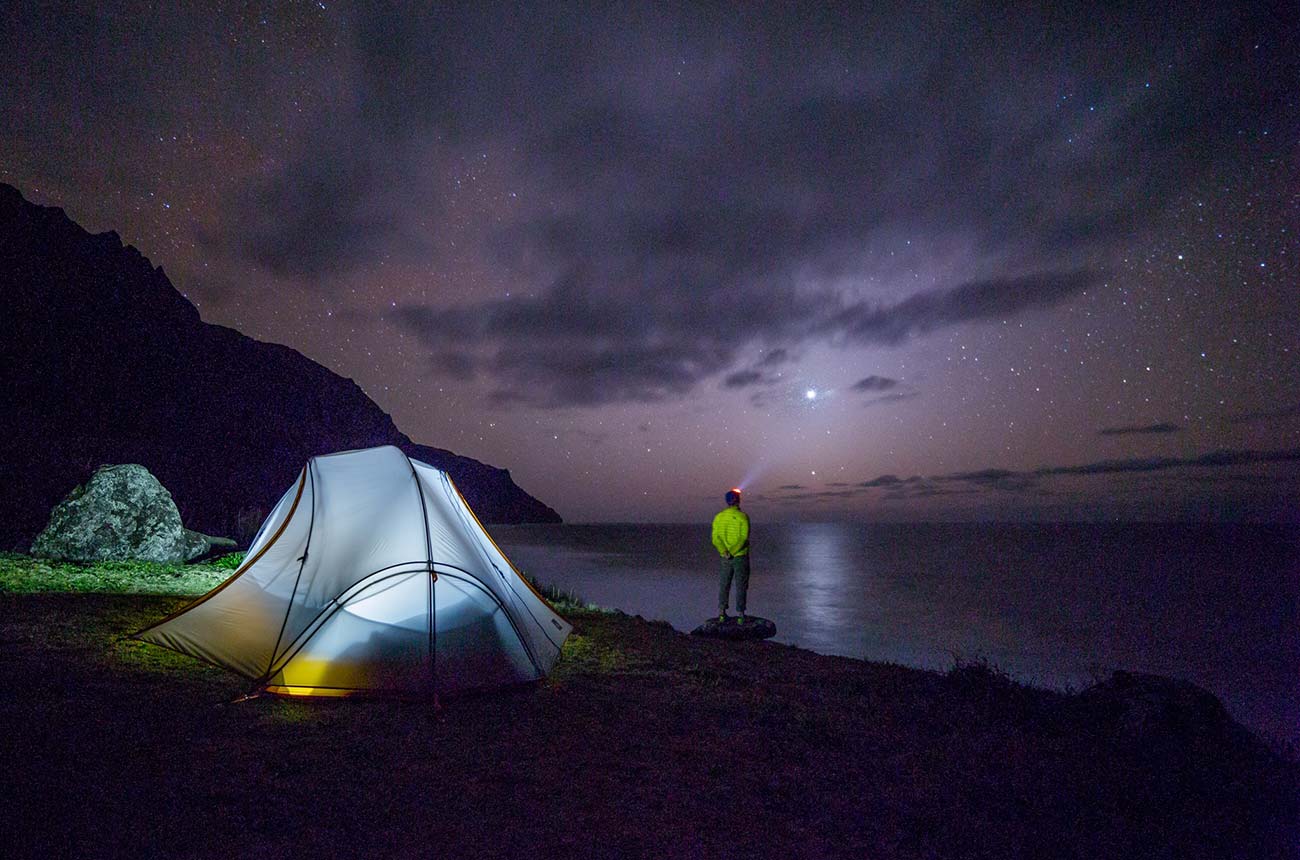
AI in Film
Hi all,
So, in the last issue, I promised that I would try to find the right writer to contribute a piece to NZTECHO on how AI might change the industry. But, everybody I wanted to write the piece was either flat out on other work or otherwise unavailable. So I thought about doing some research and bashing something out myself. But, I figure you're all sick of the sound of my voice already. And then I thought, what would happen if I logged onto ChatGPT, and typed in "How will AI change the film industry in New Zealand, with examples from pre-production, location scouting and camera department?"
Seven seconds later, this appeared on screen. No shit. This is unedited and not changed by me in anyway at all.
GT
Title: The Evolution of Film Industry in New Zealand: AI's Impact in the Next Five Years
Introduction
The film industry has always been a hub of creativity and innovation, pushing boundaries to create captivating stories that resonate with audiences worldwide. In recent years, the integration of artificial intelligence (AI) has started to revolutionize various aspects of filmmaking, from pre-production to post-production. New Zealand, renowned for its picturesque landscapes and vibrant film industry, is not immune to this wave of technological transformation. In this article, we will explore how AI is poised to reshape the film industry in New Zealand over the next five years, and anticipate which film-related jobs may face obsolescence in the wake of this revolution.
AI in Pre-Production
a. Script Analysis and Development
AI-powered tools are becoming increasingly sophisticated in analyzing scripts and offering insights to optimize storytelling. Natural Language Processing (NLP) algorithms can assess dialogue, character arcs, and plot structures, providing valuable feedback to writers and producers. This can lead to more refined scripts and potentially reduce the number of revisions needed.
b. Location Scouting
New Zealand's breathtaking landscapes have always been a draw for filmmakers. AI-driven algorithms can now predict ideal shooting locations based on script requirements, weather patterns, and accessibility. This can streamline the location scouting process and result in more cost-effective shoots.

AI in Production
a. Cinematography and Camera Assistance
AI-driven camera systems are capable of assisting cinematographers in framing shots, adjusting exposure settings, and even predicting movement patterns. This technology allows for smoother, more efficient shoots, reducing the need for extensive retakes.
b. Virtual Production and Green Screen Integration
Advances in AI-driven virtual production techniques, as seen in films like "The Mandalorian," are revolutionizing the way movies are made. AI algorithms can seamlessly integrate actors into virtual environments, saving time and resources on physical set construction.

AI in Post-Production
a. Editing and VFX
AI-powered editing software, such as Adobe's Sensei, is capable of automating repetitive tasks, like color correction and audio syncing. Additionally, AI algorithms are becoming more adept at generating realistic visual effects, enhancing the overall quality of the final product.
b. Deepfake Detection and Copyright Protection
As the technology behind deepfakes advances, AI will play a critical role in detecting and preventing the unauthorized use of actors' likenesses. This will be crucial for maintaining the integrity and authenticity of films.

Predicting the Impact on Film Industry Jobs
While AI brings a wave of innovation, it also raises concerns about potential job displacement in the film industry. Some roles may become obsolete due to the automation and efficiency AI offers:
a. Data Entry and Administrative Roles
With AI handling tasks like script analysis and location scouting, the need for dedicated data entry and administrative positions may decrease.
b. Certain VFX and Editing Roles
As AI becomes more proficient in generating visual effects and automating editing tasks, some entry-level VFX and editing roles may face downsizing.
c. Manual Cinematography Adjustments
AI-driven camera systems are becoming increasingly adept at handling tasks traditionally performed by camera assistants, such as focus pulling and exposure adjustments.
Conclusion
The integration of AI into the film industry in New Zealand over the next five years promises to enhance creativity, efficiency, and cost- effectiveness. While some roles may evolve or become redundant, this transformation also offers new opportunities for professionals to upskill and adapt to the evolving landscape. As AI continues to push the boundaries of what is possible in filmmaking, New Zealand's vibrant film industry is poised to remain at the forefront of global cinema.






























